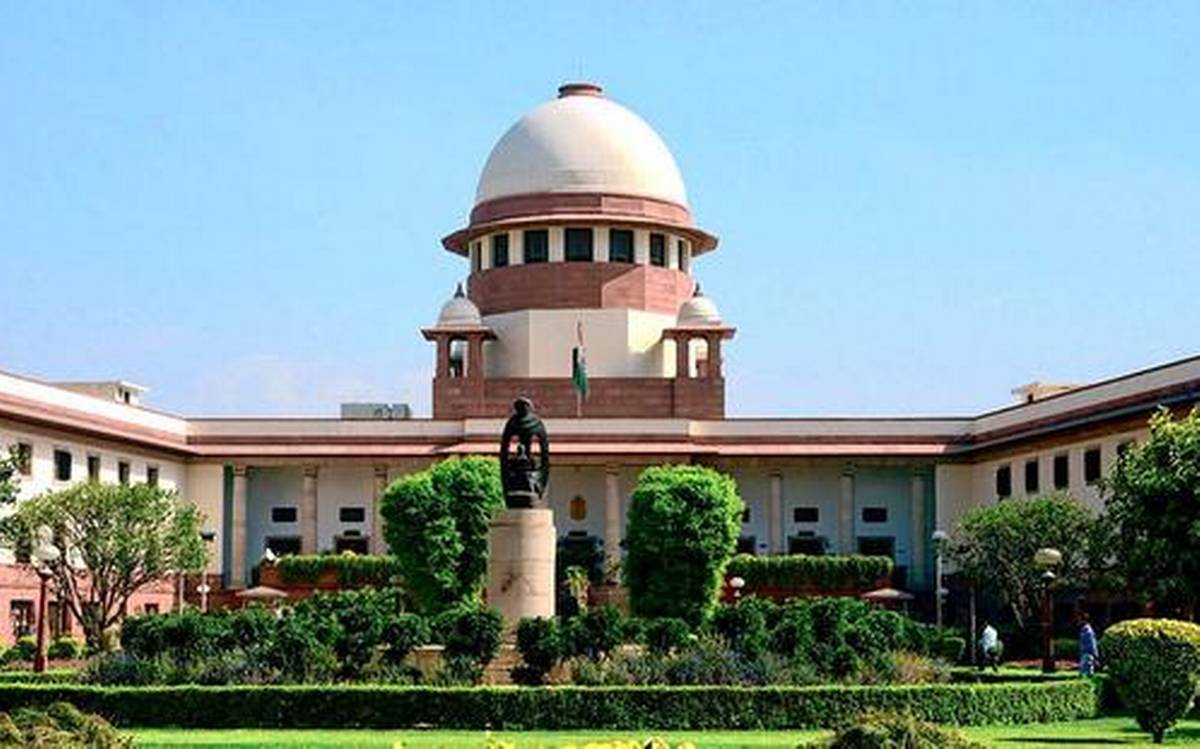Synopsis: On Friday, the Supreme Court directed that Reliance Jio should pay Reliance Communication’s Adjusted Gross Revenue (AGR) dues because it has been using the latter’s spectrum since 2016.

The Supreme Court on Friday sought details of the spectrum sharing pact between Reliance Communications (RCom) and Reliance Jio and stated why the company using the other firm’s spectrum can not be asked to pay government duties related to Adjusted Gross Revenue (AGR) dues.
The Apex Court said that spectrum is a government property, not a private property, and anyone who uses it, is liable to pay the duties.
A bench of Justices Arun Mishra, S Abdul Nazeer and M R Shah, has directed Reliance Jio and RCom counsel to submit their spectrum sharing agreements. The bench also directed the Telecom Department (DoT) to file the necessary documents in this regard, and posted the matter on 17th August, for further hearing.
The top court ordered the DoT to document the information on the usage of spectrum by other telecommunications firms, including Aircel, who are facing insolvency and bankruptcy code (IBC) proceedings.
Senior advocate Shyam Divan, appearing for RCom’s resolution professional, said that the government was told of the 2016 spectrum sharing arrangement and the necessary fees were required to be paid. He said that a part of the spectrum has been lying idle with the company for a while and it hasn’t traded but only shared it.
The bench then asked why it can not ask Reliance Jio to pay the AGR related duties on behalf of RCom as the outstanding amount arises from the use of the spectrum and Jio used it for three years. While Divan said the lenders approved the RCom resolution proposal for UV Asset Reconstruction Company, the bench said that they needed to know who funded UV ARC.

Senior advocate KV Vishwanathan, appearing for Jio, said the firm had already paid its AGR-related duties but he required to seek instruction on this issue He tried to clarify the spectrum allocation and usage requirements to the bench, and said the company was observing all the regulations and charging the fees necessary.
The bench said that how Reliance Jio would avoid the responsibility by using the spectrum and distributing the revenue.
The top court had asked the DoT on 10th August, to know how it plans to reclaim AGR-related duties from telecommunications firms facing insolvency proceedings and whether spectrum granted to such firms can be sold. The DoT had told that their position is that the telecom firms facing insolvency proceedings can not sell the spectrum because it is not their property.
The top court had said that it wanted to determine the bona fides of the telecommunications firms that come under Insolvency and Bankruptcy code (IBC) proceedings. It further said that the court wants to force these telecom companies to initiate insolvency and needs to learn about their obligations and what was the reason to push for insolvency.
On 20th July, the top court had made it clear that it was not going to hear claims about reassessing or re-calculating the AGR-related duties of telecommunications firms facing Rs 1.6 lakh crore. It also set aside the decision on the question of timetable for the phased payment by telecom firms of AGR-related dues.
The top court that ordered telecom firms including Bharti Airtel, Vodafone on 18th June, to register their accounting books for the last ten years and provide a fair timeline for paying the AGR dues. It had reported the Centre’s argument that moratorium had been in place with respect to some firms such as RCom and Videocon when insolvency proceedings against them had begun.

